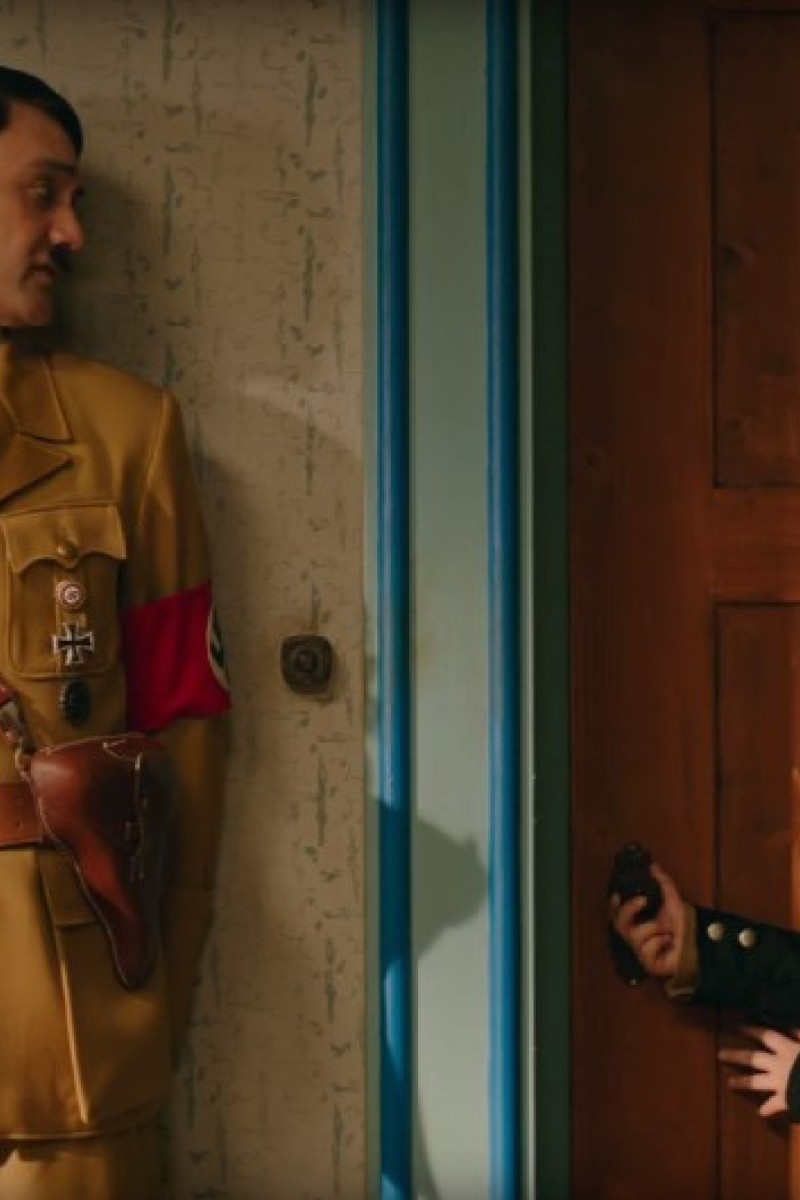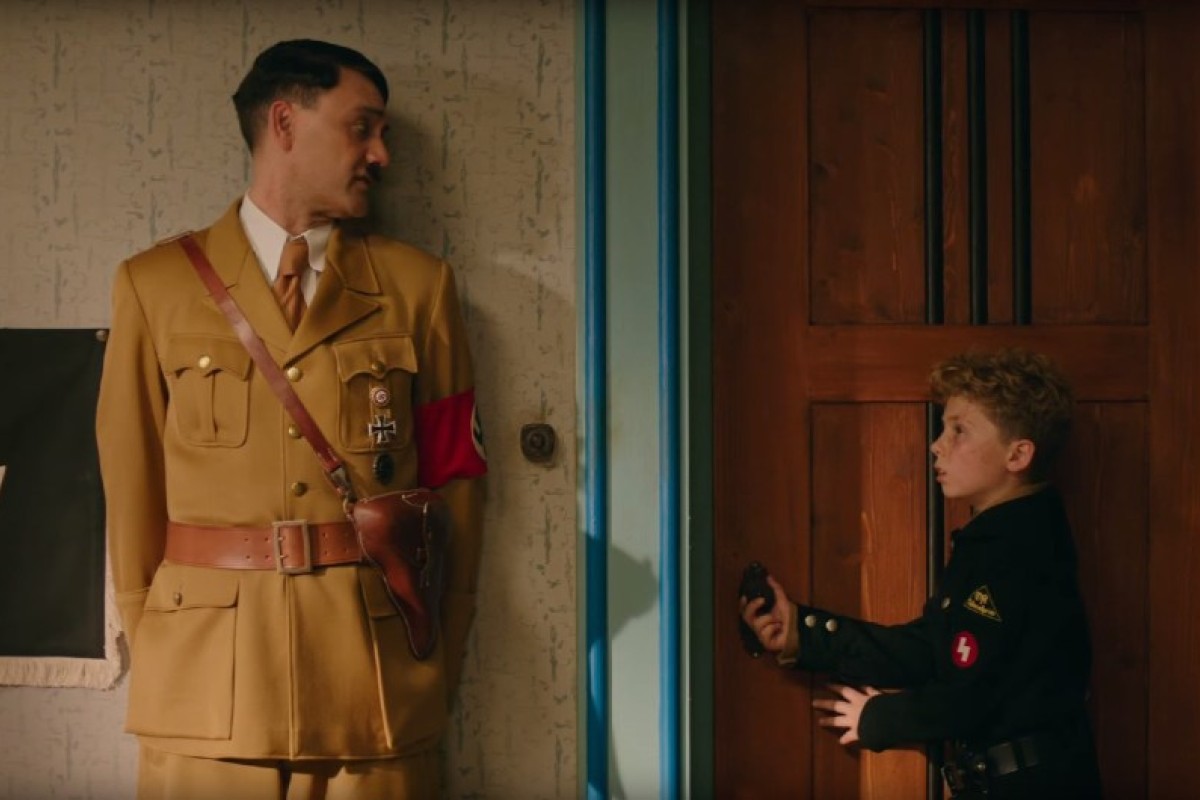
'Jojo Rabbit' review: Taika Waititi makes us face some uncomfortable truths in his WWII dramedy
The 'Thor' director, who also plays a cartoonish version of Adolf Hitler, blends irreverent humour with some very serious issues
 Taika Waititi and Roman Griffin Davis star in Jojo Rabbit
Taika Waititi and Roman Griffin Davis star in Jojo RabbitA comedy about a child whose imaginary best friend is one of the most evil men in history sounds… misguided, but director Taika Waititi pulls it off in Oscar contender Jojo Rabbit.
Jojo Betzler (Roman Griffin Davis) is a 10-year-old boy growing up in 1940s Nazi Germany. Shy and rather faint-hearted, he nevertheless dreams of joining the Hitler Youth and helping rid his country of its Jewish enemy.
But when he discovers Elsa (Thomasin McKenzie), the Jewish girl his mother has been hiding in their house, he starts to question everything he’s been taught by the Nazi regime.
Sounds sentimental enough, but wait: also joining Jojo on this journey of discovery is the Fuhrer himself, Adolf Hitler (played by the director), whom Jojo has idolised to the point of turning him into his mean-but-cool imaginary friend.
Waititi’s Hitler is deliberately cartoonish. He is not the real Fuhrer, but one born out of a lonely 10-year-old boy’s imagination, representing Jojo’s childlike way of seeing the world, as well as his inner conflict as he begins to develop butterflies-in the-stomach-feelings for Elsa.
Similarly, the film’s fascists are portrayed as clowns – sometimes even likeable ones, which can feel conflicting, until you remember that that’s kind of the point.
Thankfully, there are two characters who offer some clarity in this surreal world: Elsa, and Jojo’s mother, Rosie, played adeptly by Scarlett Johannson. They alone see the Nazi regime for what it truly is, and speak hopefully of a better future.
From Maus to more Star Wars, the books we want to see made into movies in 2020
Waititi has always succeeded at finding the banal in the extraordinary (just think of vampire mockumentary What We Do in the Shadows), and then finding humour in that. He takes that concept to often uncomfortable extremes in Jojo Rabbit (can we really laugh at a child running into battle, Rambo-style, against the Allied forces?) but it still serves to remind us that the bleakest periods in history were also filled with many ordinary Mondays and Tuesdays. Bad people don’t have horns or tails to identify them, and bad things can happen right under the noses of a politely complicit public. When seen through this lens, the film’s anti-hate message become clear.
But really, Jojo Rabbit is a film that you need to see for yourself and make up your own mind about. And as the buzz around it is likely only to grow as we approach Oscars night, it’s worth catching it while it’s still in cinemas.
